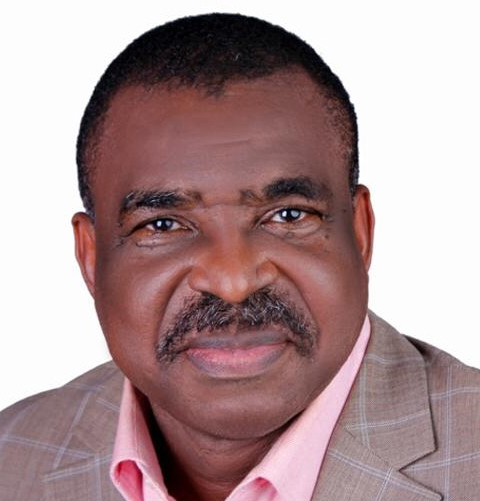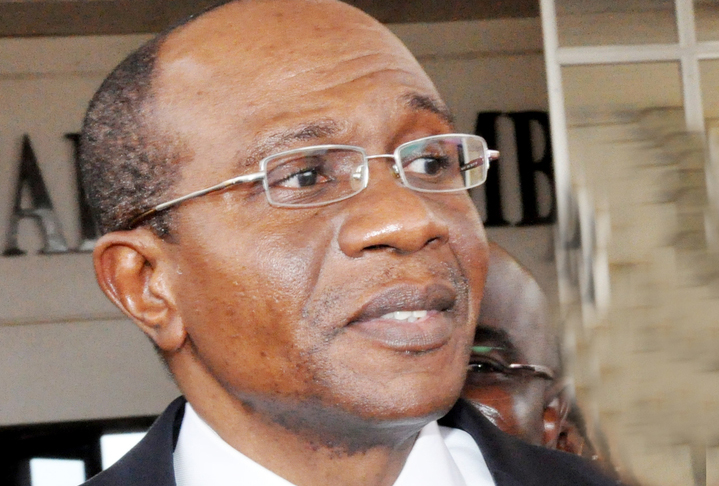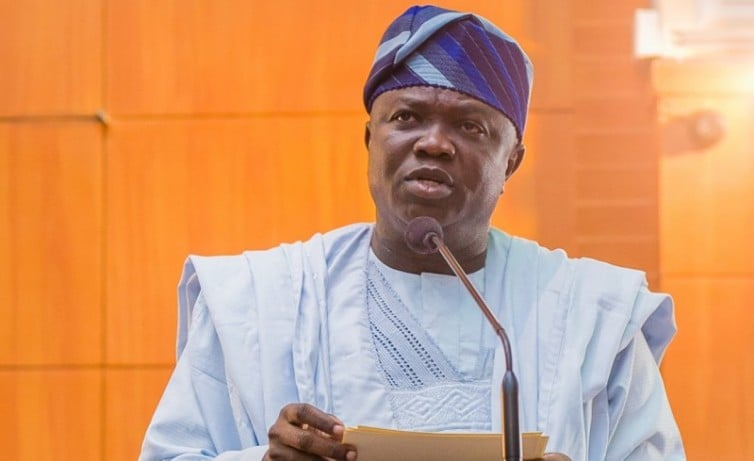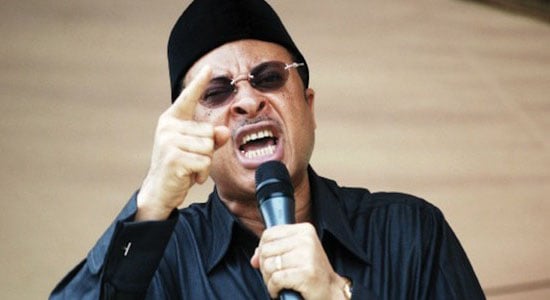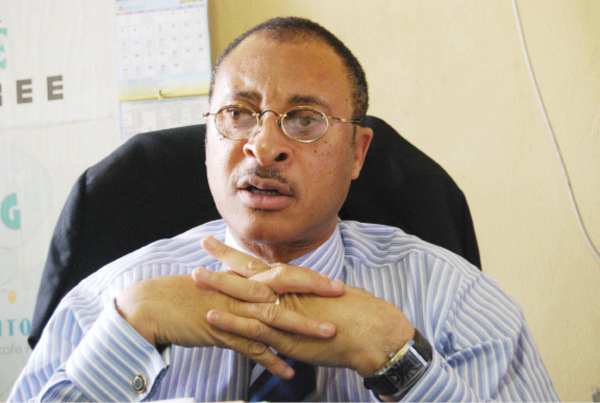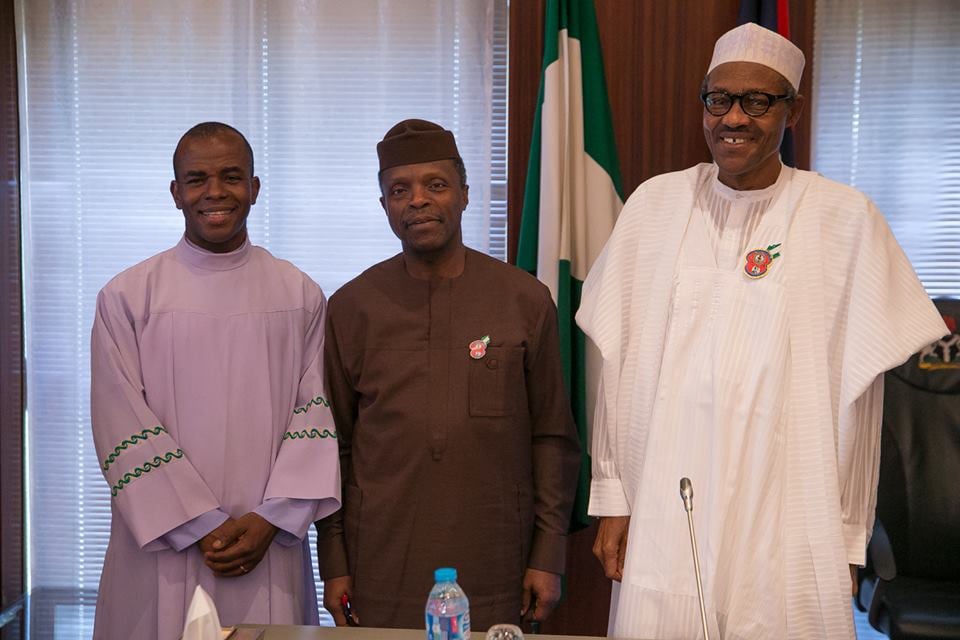Since Nigeria’s return to multi party democracy in 1999, the murkiness of the world of the judiciary has been so pervasive that the views of the average Nigerian about the jurisprudence behind most of the court verdicts reversing or upholding election into public offices had become so jaundiced that the legitimacy of most of the elected political office holders is regarded with circumspection.
In particular, the 2015 general elections ‘takes the cake’ regarding the number of election tribunal judgments reversing electoral victories and this makes the law courts, rather than the polling booths, look like the new platform for seeking and obtaining political offices in Nigeria.
While some have attributed the spike in the number of elections cases determined in courts to the fact that Personal Voting Cards, PVCs and electronics card reader machines were introduced into the electioneering system for the first time to reduce the perennial incidence of fraud,others have placed it on the doorstep of a more hideous case of duplicity of the judiciary which is accused of seeking to be more entrenched in politics by being the game changers. That notion, right or wrong, promoted me to write and publish in the mass media, articles titled “The Causes And Effects of Judicialization Of Elections In Nigeria” and “Are Elections Giving Democracy Bad Name?”
In those two articles l tried to make the case that the judiciary seem to be usurping the traditional role of the independent electoral commission, INEC which is against democratic ethos and that by merely ‘staging’ elections which truly do not reflect the wishes of the electorate, fraudulent leaders are giving democracy bad name which is dangerous and harmful to our nascent democracy.
Advertisement
Since the publication of the articles, there has been more revelations such as the one by INEC chairman Mahmoud Yakubu indicating that election 2015 recorded the highest number of annulments since 2007 despite the fact that it was adjudged the most free, fair, credible and transparent. This validates the belief that the judiciary is complicit in current absurdities being witnessed in the polity.
The INEC boss,who was addressing Resident Electoral Commissioners, REC, reinforced that position when he confirmed that a total of 96 elections were annulled (more than the previous three elections combined) and eighty one,81 of the annulments were ordered for fresh elections by the Appeal Courts, while INEC was directed to issue certificates of return to fifteen,15 rightful winners.
This also simply indicates that the judiciary, as characterized by the Electoral Tribunals, may be the issue in Nigerian democracy via their ‘voodoo’ verdicts in recent political office contestations.
Advertisement
Chief Justice of Nigeria, CJN, Mahmoud Mohamed in an address to a recent meeting of the body of judges( All Nigeria Judges Conference) also conceded that there may be foul plays in the Justice system, particularly with reference to recent verdicts by state election Appeal Courts issuing conflicting judgments even in cases with same fundamentals.
The Chief Justice was so incensed by the unsavory development that he referred the judges to the suggestion by respected justice Nikki Tobi of blessed memory who had recommended that election appeal court judgments be lodged centrally in Abuja within two months of the judgement to enable judges in other jurisdictions harmonize or synchronize their judgments and spare the judiciary the current public odium generated by suspicious verdicts.
The concerns of Yakubu,the INEC boss and Mahmoud ,head of the judiciary, are derived from the fact that suspicion of the judiciary and their negative influence in election matters have been so palpable that, those that are not well heeled financially or non highly connected Nigerians, approached the courts with trepidation,because it was assumed that justice was more or less a commodity in a market place where only those that are armed with solid finance could purchase the merchandise, while those armed only with equity, and without money are denied justice.
Unsurprisingly,president Muhamadu Buhari has also weighed in with his concern about the questionable integrity of the judiciary when he alleged in an address to Nigerians in far away Ethiopia, during OAU meeting, that the legal system is the biggest obstacle against the anti corruption fight in Nigeria.
Advertisement
Citing the three occasions that he contested for the presidency at the polls in the past twelve (12) years and failed to win and his subsequent failure to secure victory in the courts, as one of his reference points for corruption in the Justice system , mr president reportedly referred to the judiciary as his ‘biggest headache’ in his war against corruption.
Some pundits are contending that Mr. President’s statement is a subtle threat and pseudo interference in another arm of government that’s supposed to be independent, but what ever be the case, the negative perception of and the public criticism was not lost on the judiciary.
Perhaps, unable to stomach the embarrassment anymore , the elders and eminent members of the profession as embodied by the Supreme Court judges are making frantic efforts to redeem the sagging image of the profession hitherto referred to as the ‘noble profession’.
The recent reversal of the judgement against Nyesom Wike as the governor of Rivers state by both the state election appeal court and federal court of appeal by the Supreme Court of Nigeria seemed to be the most obvious initiative aimed at restoring the voice that the Supreme Court seemed to have lost owing to the Babel of voices which the state election tribunal had become.
Advertisement
As a further demonstration of the restoration of hope in the judiciary and besides the clarity which the apex court has brought to bear in Rivers state via restoration of the governor’s mandate,election of over a dozen lawmakers including all the senators were adjudicated against, just as Anambra state,also recorded eleven, 11 lawmakers imminent sack , including two senators, following the Supreme Court judgement declaring as illegal the state political party executives that conducted their party primary elections.
Going by the current developments, particularly if more clarity is given in the Anambra judgement, the judiciary would be seen to be confronting its problems and solving them as justice lost is now being found through specific Supreme Court interventions.
Advertisement
Before now, the effect of a reinvigorated Supreme Court had been felt in Abia state where incumbent Gov. Okezie Ikpeazu has been tussling with Alex Otti of APGA; Benue state, where Samuel Ortom claim as Gov has been affirmed and Taraba state where initial judgments removing the governor, Dairius Ishaku from office were reversed.
The latest dismissal of appeals against Delta, Oyo and Yobe states governors for lack of merit by the Supreme Court further gives fillip to the definitive effort aimed at bringing to a close the gale of election petitions against elected public office holders in 2015 except in Akwa Ibom state where Supreme Court decision is still pending.
Advertisement
With the spate of removal from and restoration of political office holders across the spectrum after 2015 elections , the political heat or tension generated has generally resulted in a great deal of political seismic shifts leading to the creation of political fault lines in Nigeria’s political landscape.
Although it’s not up to the dimension of the Teutonic shift of earth plates that separated most of the twelve, major plates that formed the six , 6 continents of the world from one another, a few millennia ago,the political geography of Nigeria has indeed witnessed a serious transformation since March 28th,2015 presidential elections, but whether it’s for good or bad is yet an open question.
Advertisement
Without empirical evidence to back up the proposition below,l nonetheless hold the view that there are three critical factors that have given the Supreme Court judges the impetus for the rescue mission which they seem to have embarked on.
The factors are (1) the status and stage in the life of the average Supreme Court judge in Nigeria, (2) their professional grounding and (3) their conscience.
Let me explain:
First of all, the median age of the Supreme Court justices can not be less than 65 years and by virtue of their age.
As elders of the legal profession, who have merited appointment into the Supreme Court, which is the pinnacle of their career, they are less worried about where next to get elevated to and are therefore content with the application of the wisdom of Solomon, (to borrow a biblical phraseology) conferred on them and thus able to resist external influences.
Secondly, at age 65, the average Supreme Court judge must have been on the bench in excess of 35 years and might have, to borrow the street lingo ‘seen it all and done it all’ and in the process,conquered the common issues of mid life crisis like inability to pay children school fees and other existential challenges that an average professional may be contending with and therefore incentive for and ground for susceptibility to accepting bribes ,especially if the fellow’s moral threshold is low.
Thirdly, being free of the aforementioned burdens, the typical Supreme Court judges only owe their conscience to their creator, more so because at at age 65, they are closer to the end of life’s journey and therefore owe God more than any man,the account of their sojourn on earth, hence the zeal to do their jobs conscientiously.
All things being equal and with the interplay of the forces mentioned above, the chances of the judicial system in Nigeria being able to save its self from destruction is very high,which is why l would advise all aggrieved Nigerians with genuine legal cases not to be weary by the initial disappointments in the lower courts by chickening out,but to persevere and pursue their cases up to the supreme court level where real justice truly abound.
Amongst the cases in which l would like to encourage the litigants to pursue to the Supreme Court level is the kogi governorship election in which the front runner, Audu Abubakar suddenly died before he could be declared winner and his running mate, James Faleke who is the joint ticket holder was denied the opportunity of replacing his principal. To the bewilderment of most Nigerian election watchers, instead of Faleke, Bello, a candidate who lost in the party primary, Yahaya Bello was structured to inherit Audu’s political fortune and get sworn in to office as governor without a deputy-an unprecedented situation in the annals of Nigerian history.
Hopefully, when the unscrupulous politicians who resort to ‘buying’ elective offices through inducement of judges rather than wooing the electorates through good deeds and gaining their respect and subsequently earning their votes during elections,find out that their antics would only give them temporary victories, as their ‘selection’ rather than election would eventually get upturned by the final court of justice,they may desist from the obnoxious practice.
Clearly, such realization would allow democracy to blossom and thus facilitate good governance and the accountability required to move our society forward.
Although the Nigerian judicial council, NJC set up to discipline errant judicial officers has tried its best to rid the profession of bad eggs by wielding the big stick, more efforts via legislation is perhaps needed to also rein in and curtail the zealousness of the politicians that induce them in their desperate move to win by hook or crook.
As the recently victorious governor of Delta state, lfeanyi Okoya observed during his victory speech in church on Tuesday February 2, getting mired in court cases after elections only distract elected officials and disrupt governance as more often than not unsuccessful opponents who rush to court know fully well that they have no case but still persist in their mischief for the nuisance value.
To discourage such negative attitude, beyond losing the case,punishment should be meted to losers as well to discourage frivolous litigation. For instance, there is a law in the Western world aimed at discouraging frivolous litigation by imposing stiffer penalty if a litigant appeals against a judgement and fails in the bid to upturn the judgement.
This can be achieved via amendment of the electoral laws to include trial and possible incarceration of both the judges found culpable and any political office holder found to have fraudulently occupied the seat by making him or her refund all the funds expended during the period the office was illegally occupied as well as serve jail terms.
That is currently not the case as those indicted are usually let off ‘Scot free’ while the victorious candidates continue from where the usurpers stopped.
The snag with the possible realization of this apparent lofty dream would be that, at the current level of our political development, it would be a sort of utopia as those in positions of authority, hardly push and pass legislation or rule against their selfish interests.
Regrettably, the pursuit of parochial interests in Nigeria apply to the executive, legislative and the judiciary arms of govt equally.
The torturous process of pushing and passing the freedom of information FOI, Bill that commenced during former president Olusegun Obasabjo’s reign spanning the period of late president Umaru Yar’Adua before it was finally passed under the watch of the immediate past president Goodluck Jonathan,is a typical example of how bills that discourage govt tyranny are killed or discouraged.
Otherwise what justifies the delay of the passage of the FOI Bill , which is in the best interest of Nigerians in excess of five (5) years before passage but for the fact that the powers that be, reckoned that it would give the media and civil society organizations access into the inner recesses of govt where inequities against society are sowed, nurtured and harvested to the detriment of the masses.
Exactly, the opposite is the case in the advanced societies such as the USA ,where legislators pass laws granting the most vulnerable members of society- children , women and some would argue, even dogs, more protection than men who dominate all arms of govt.
Hopefully, a day would come in our lifetime when leadership in Nigerian establishments ,would attain such level of maturity that policies and decisions would be made with the greater good of the electorate as opposed to what’s in it for the policy or law makers as the motivation.
We can actually achieve that level of transparency in governance by prescribing and following through with jail terms for members of the judiciary and politicians who abuse our electoral and political processes no matter whose ox is gored.
So it behoves of the fourth and ‘fifth’ realm of the estate which is the media and civil society respectively to compel authorities through advocacy to push such legislation that might hurt their selfish interests but in the over all best interest of the society.
Onyibe, a development strategist, futurologist, former commissioner in Delta state and an alumnus of the Fletcher School of Law and Diplomacy sent this piece from Asaba.
Views expressed by contributors are strictly personal and not of TheCable.
Add a comment
